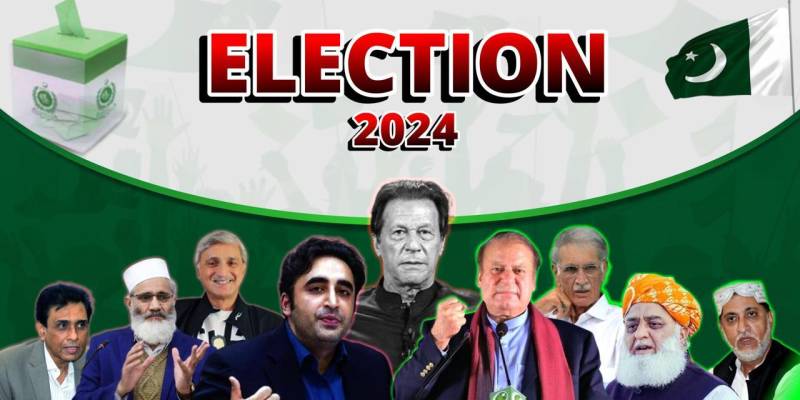ISLAMABAD (Khyber Mail): The much-anticipated Pakistan elections have concluded, with polling stations across the country beginning the count after polls closed on Thursday. The elections, already delayed for months, were marred by controversy, including allegations of military interference.
The elections saw the participation of tens of millions of Pakistanis, with almost half under the age of 352. They had to choose between more than 5,000 candidates, of which just 313 were women.
Former Prime Minister Nawaz Sharif, who was ousted in a 1999 military coup and had his third term cut short in 2017, recently returned from self-imposed exile. His criminal convictions were cleared at the end of last year, allowing him to stand for what would be a record fourth term.
Meanwhile, Imran Khan, the last elected prime minister who was ousted in 2022, is currently serving at least 14 years in prison. His party, the Pakistan Tehreek-e-Insaf (PTI), alleges interference by Pakistan’s powerful military.
The election results are expected to be released within two weeks. The outcome will have significant implications for this nuclear-armed state, which shares volatile borders with Iran and Taliban-controlled Afghanistan, and has complex relationships with India, the USA, and China.
In addition to the PTI and PML-N, the Pakistan People’s Party (PPP) was also considered a major party going into the vote. The PPP, led by Bilawal Bhutto Zardari, the son of former premier Benazir Bhutto, ran an aggressive campaign in an outside bid for the top office.
The main contests were expected to be between candidates backed by jailed former Prime Minister Imran Khan, whose PTI party won the last national election, and the PML-N of three-time premier Nawaz Sharif, who is considered the front-runner. The PTI alleges interference by Pakistan’s powerful military, with whom Khan is said to have fallen out before his fall from favor.
Nearly 650,000 security personnel have been deployed across the country as authorities were busy setting up polling stations to enable more than 12.85 crore registered voters to cast their ballot in the general elections.
Religious-political parties also played a significant role in these elections. Despite the fact that religiosity has increased in the country and the popularity of mainstream political parties has relatively weakened, the electoral appeal of religious-political parties has consistently declined. As compared to 12 parties in the 2018 elections, 23 religious parties out of the registered 175 registered political parties participated in the recent polls.
A large number of independent candidates also contested the elections. These candidates, some backed by PTI, added another layer of complexity to the electoral landscape. The participation of these independent candidates reflects the diverse political views within the country and provides voters with a wider range of choices.

